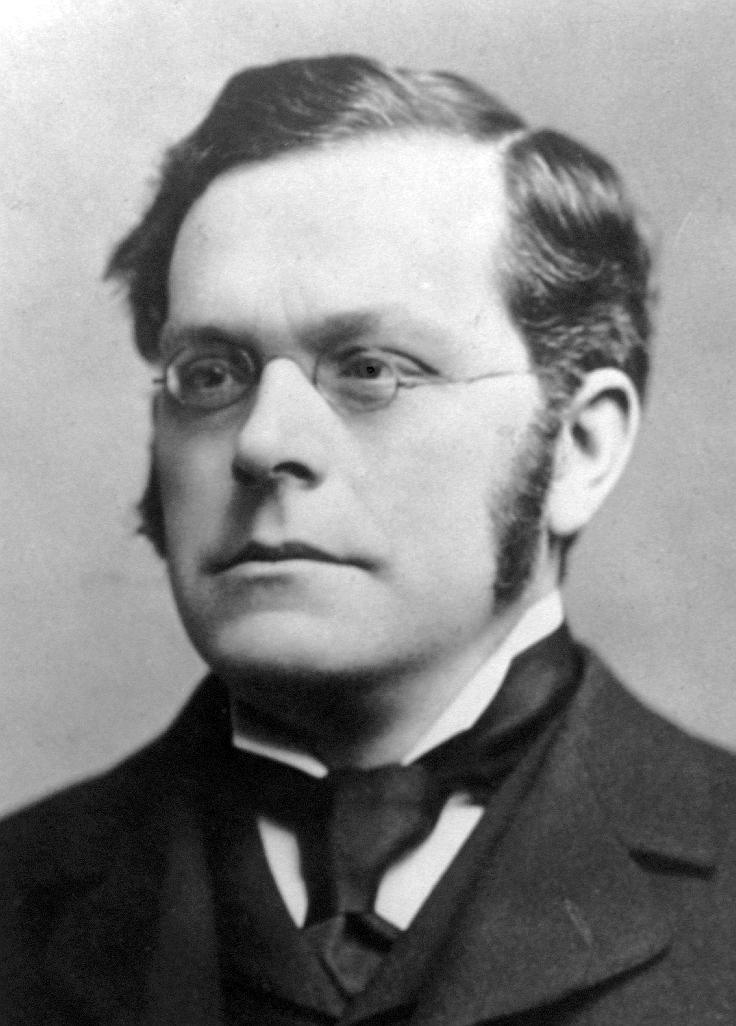In the General Election of , the Liberals won a large majority and swept the Conservatives from power. The Nonconformists had expected that such a triumph would lead to an abolishing of the hated Education Act of , or at least the most offensive provisions of it.
To this end, Augustine Birrell, the Liberal cabinet’s Board of Education President, introduced the Education Bill into Parliament in . It would end the practice of taxpayer support for schools where the curriculum and hiring were not under control of institutions democratically elected by the rate-payers, would prohibit religious tests in hiring school staff, and would prohibit sectarian religious instruction in taxpayer-funded schools unless 80% of the voters in a Local Authority agreed to it.
Would the passive resistance movement stick to its guns and keep the pressure on until this bill became law, or would they become distracted by parliamentary theater and loosen their discipline? Meanwhile, the establishment Churchgoers were starting to get restless and even threatening to start a passive resistance campaign of their own should this bill pass. Here’s another example of that, from the Rev. A.W. Douglas, “Rector of Hatherop and Diocesan Examiner for the Diocese of Gloucester”, from the Dursley Gazette:
I have decided to worship no longer the golden image of Undenominationalism
which Parliament has set up. I became a “Passive Resister” on
as regards my rate, and I expect to
become one as regards my income tax next week. If Mr. Birrell’s measure
becomes law I shall refuse to hand over the trust deed, and so be treated for
contempt of Court. It appears likely, therefore, that I shall ere long be
“languishing in a dungeon” while political Nonconformity “feasts” in its
mansions! Passive resistance, we must remember, is now under the distinguished
patronage of his Majesty’s Government. Nonconformist Passive Resisters, too,
must in all consistency, support me in obeying my conscience!
I found little in my sample about the nonconformist passive resistance campaign in newspapers from . Things start to pick up again in , when an article about 47 resisters summoned to the Derby Police Court appeared in the Derby Daily Telegraph. Excerpt:
The Rev. G. Howard James said he did not dispute the rate or object to pay it, except that part devoted to sectarian education. He wanted to say two things. In the first place, they had never taken this position as passive resisters from political motives or for political reasons, and so the change of Government, which some people seemed to think would put an end to passive resistance, made no difference so long as the law remained unchanged. What they complained of was that they should be taxed for the propagation of doctrines in which they did not believe. Their objection was just the same now the Liberals were in power as when the Conservatives were in power. He supposed that if the present bill became law, it would come into force in , but until then their movement as passive resisters must go on, and they must continue to make their protest.

